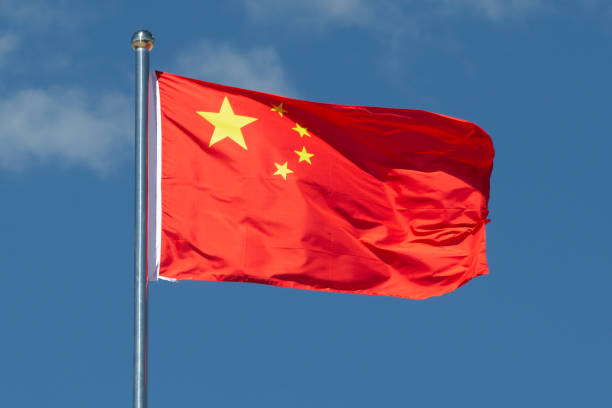
The Red Sea is a vital maritime corridor, hosting critical chokepoints such as the Bab el Mandeb strait. By leveraging its economic investments, China has gained influence over these strategic passages, enabling it to secure its maritime trade routes and expand its economic footprint. This control enhances China’s geopolitical standing and diminishes the influence of traditional powers in the region. Importantly, the instability in the Red Sea, fuelled by ongoing conflicts in Yemen, Sudan, and Eritrea, presented a convenient opportunity for China to assert its presence and secure strategic advantages.
The new ongoing conflict in the Red Sea has also presented an opportunity for China to demonstrate its influence in the region. Nonetheless, it has chosen a different approach. Since mid-November, Houthi rebels in Yemen have targeted shipping in the Red Sea using missiles and drones, prompting American officials to urge China to leverage its influence to resolve the crisis. However, China refrained from using its influence in the Middle East. This is so even though the potential economic repercussions of the conflict in the Red Sea are significant.
In 2021, when a container ship blocked the Suez Canal for six days, disrupting the route to the Red Sea, China estimated that 60% of its exports to Europe relied on this pathway. Recent attacks by the Houthis, aimed at vessels associated with countries supporting Israel in the Gaza conflict, have prompted a shift in maritime trade routes, with many vessels circumventing the Red Sea. Despite its economic interests in the region, China has perhaps surprisingly opted for a cautious stance. While its only overseas military base is in Djibouti, near the Red Sea, the Chinese navy remains inconspicuous.
China has not participated in the American-led military coalition, Operation Prosperity Guardian, formed in response to Houthi attacks. American officials have in response tried to pressure China to use its close ties to Iran in an attempt to influence the Houthis. In all fairness, during meetings in Beijing and Tehran, Chinese officials reportedly urged Iran to restrain the Houthis, emphasizing that any harm to China’s interests could impact its business with Tehran. However, China’s commitment to actively resolving the crisis remains minimal. Although this approach might seem counterintuitive, ultimately China will probably be the only winner in this situation.
In fact, although the COSCO has for now abandoned the Red Sea route, minor Chinese shippers have capitalized on the opportunity. What enables them to do so is the fact that the Houthis, probably thanks to Iran’s influence, are trying to avoid attacking China-linked vessels. Therefore, ships crossing the Red Sea make sure to display Chinese flags and signal that they have some sort of link with China. As a result, if the threat continues due to the ongoing conflict, China does not stand to lose much. Its trade continues as shipping is safer for Chinese vessels than others, which will ultimately give it a competitive advantage. The current instability also provides a real justification for continuing to build a “blue water” navy that would reinforce its power in the region.
At the same time, the moment the threat becomes unsustainable and risks seriously damaging China’s interests, it can easily use its leverage to put an end to the situation and simultaneous become the go to security provider in the Middle East, replacing the US. If things do not get to that point, China can maintain its policy of non-involvement through which it furthers the perception that the region’s security challenges are a consequence of American intervention only. This, in turn, would leave China with the opportunity to gain political momentum by emphasizing solidarity with the Arab world. As it emerges, China might be in a win-win situation that presents only short-term losses in terms of trade.
To conclude, China’s timid involvement in the conflict in the Red Sea might initially seem counterintuitive given its substantial interests in the region. However, when we look closer it emerges that China is most likely playing the long game. It can capitalize both on the conflict, thanks to the guarantees it has secured concerning trade, and on having to put an end to it, due to the geopolitical gains that would entail.
By The European Institute for International Law and International Relations















